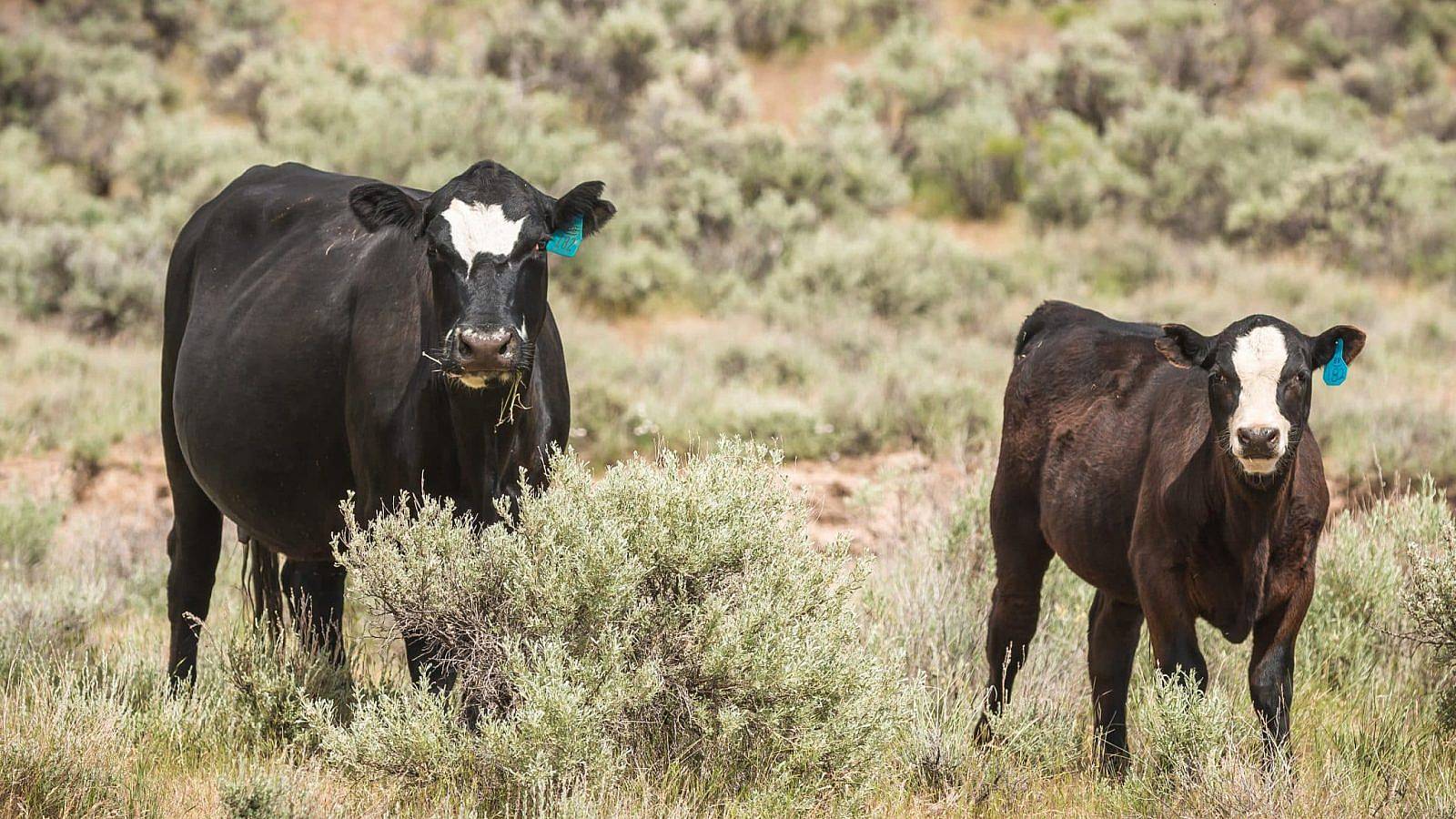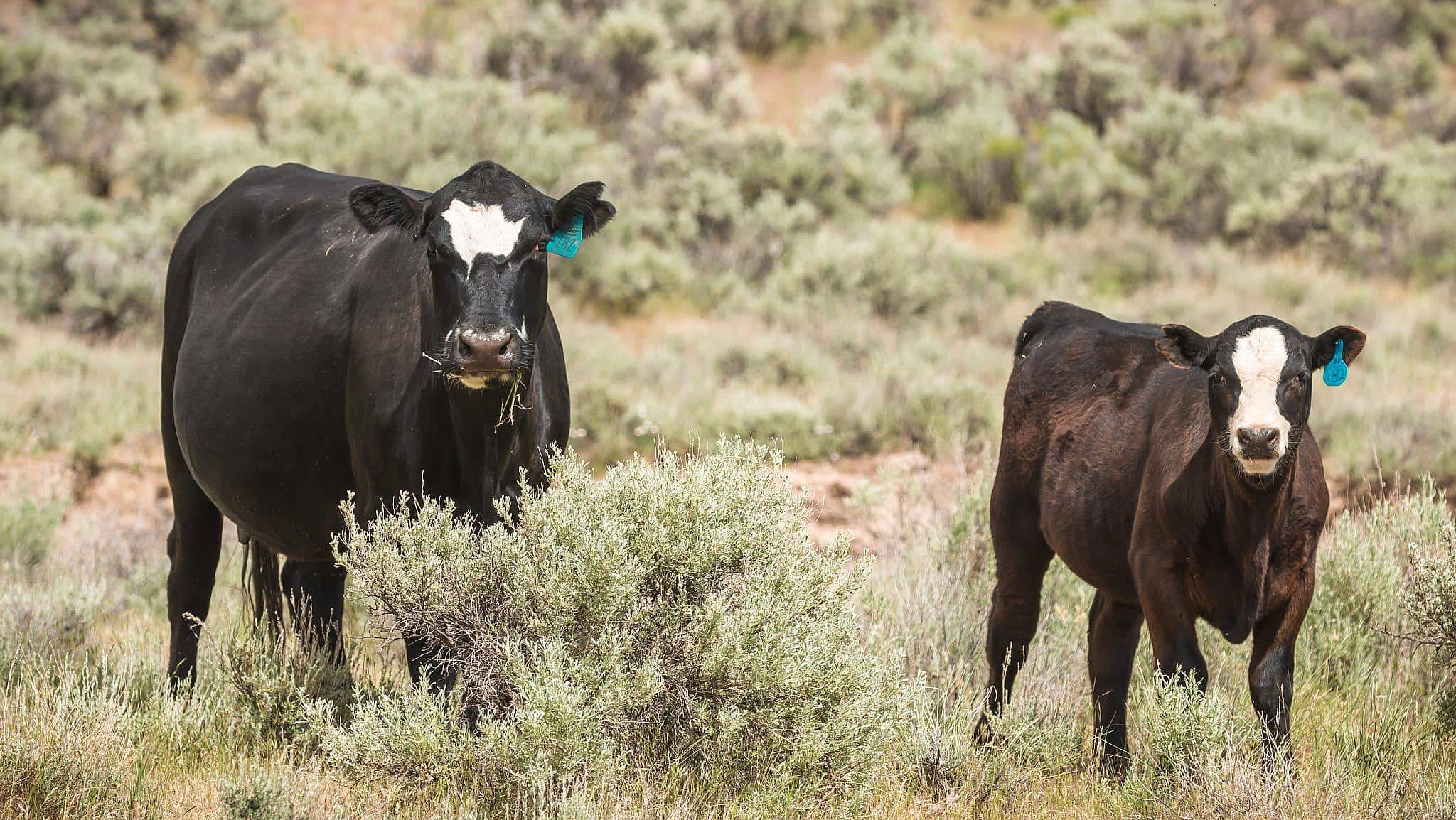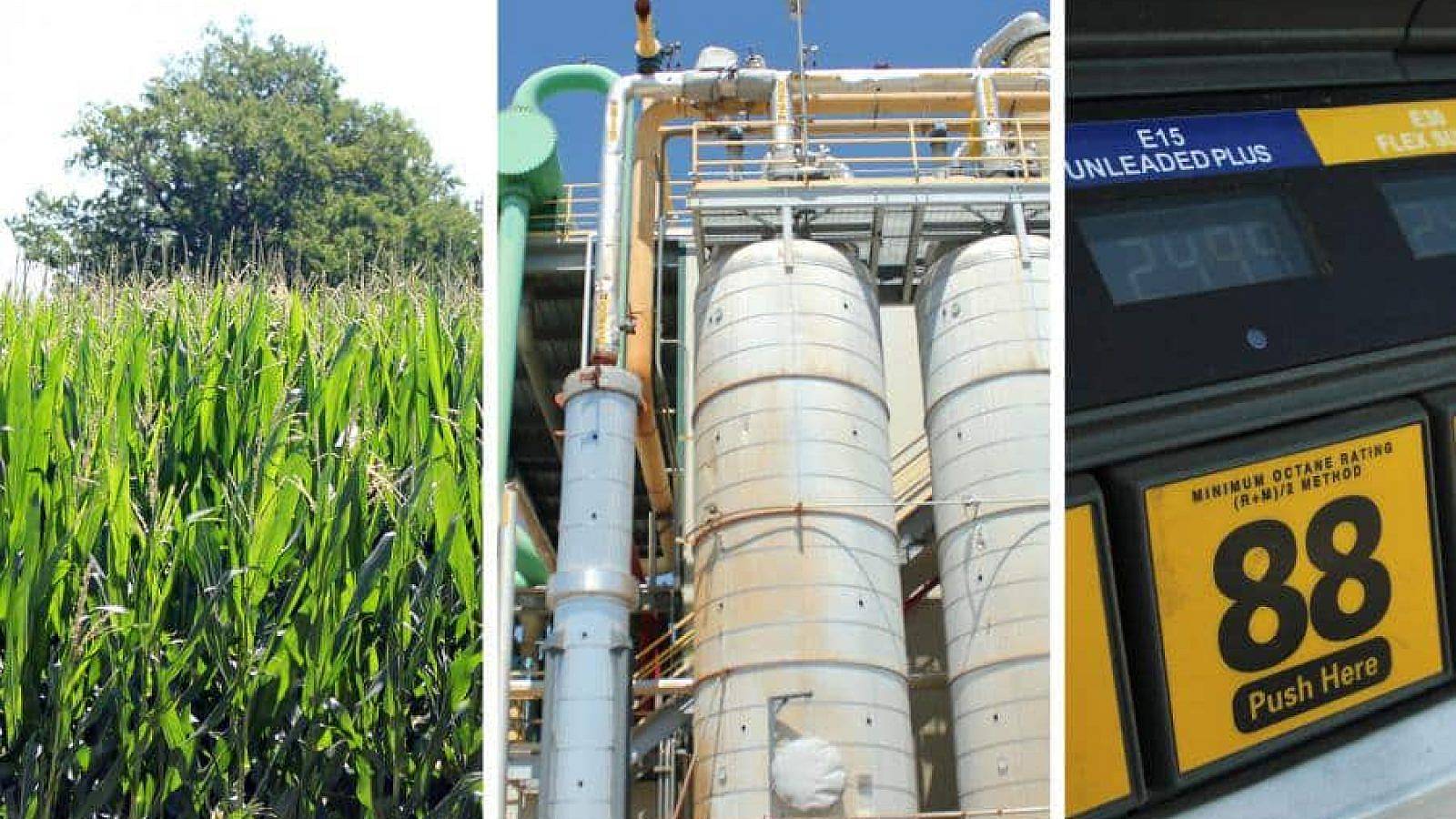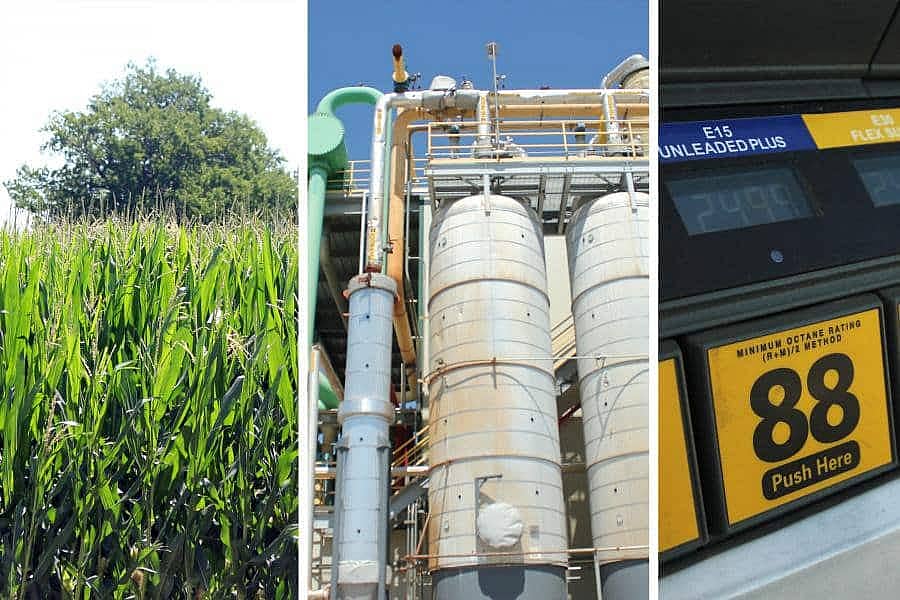MANHATTAN, KS – When selecting meat in the grocery store the product cut, price per pound, and visual appeal are just some of the factors that influence the purchasing decision.
And for curious consumers, plant-based protein sources may also drive the purchase for those who follow a primarily vegetarian diet but occasionally eat meat or fish, known as flexitarians.
“About half of the current plant-based protein consumers are flexitarians because they also eat beef, pork and chicken,” said Glynn Tonsor, agricultural economist, talking about his research during a recent Beef Cattle Institute Cattle Chat podcast.
Commissioned by the Cattlemen’s Beef Promotion and Research Board, Tonsor and his colleagues studied the impacts of new plant-based protein alternatives on U.S. beef demand in 2020. They followed that study with one that evaluated the impact of these alternatives on cattle inventories and greenhouse gas emissions.
The first study showed that plant-based proteins are not substituted for beef based on price, according to Tonsor.
“We found that a price change in the cost of a chicken breast had a much bigger impact on beef demand than that same change in price for a plant-based protein,” Tonsor said.
At this point in time, alternative meat sources are not price-competitive, but Tonsor expects that will change in the future.
“There is a lot of venture capital investment happening in the plant-based space so the odds of there being supply side improvements that make it cheaper for those proteins to be produced are pretty high,” Tonsor said.
He added: “There is a growing global demand for protein.”
He cautioned against thinking of this situation in terms of a market share mindset against plant-based alternatives.
“This market share mindset is dangerous because a fair number of plant-based protein consumers are also consumers of other meat products,” Tonsor said.
“We quantified that a 10% reduction in the price of plant-based proteins would correspond to a .15% decline in cattle production and that is not a big economic impact on the total size of the industry.”
Regarding greenhouse gas emissions Tonsor said “the U.S. protein market operates in a complicated yet connected world. We currently import and export a lot of beef.”
He said as the U.S. beef industry continues to improve beef efficiencies and the demand for plant-based alternatives potentially increases, the amount of beef imported may decline.
To hear the full discussion, listen to the Cattle Chat podcast online at https://bit.ly/3PcHl1O.











